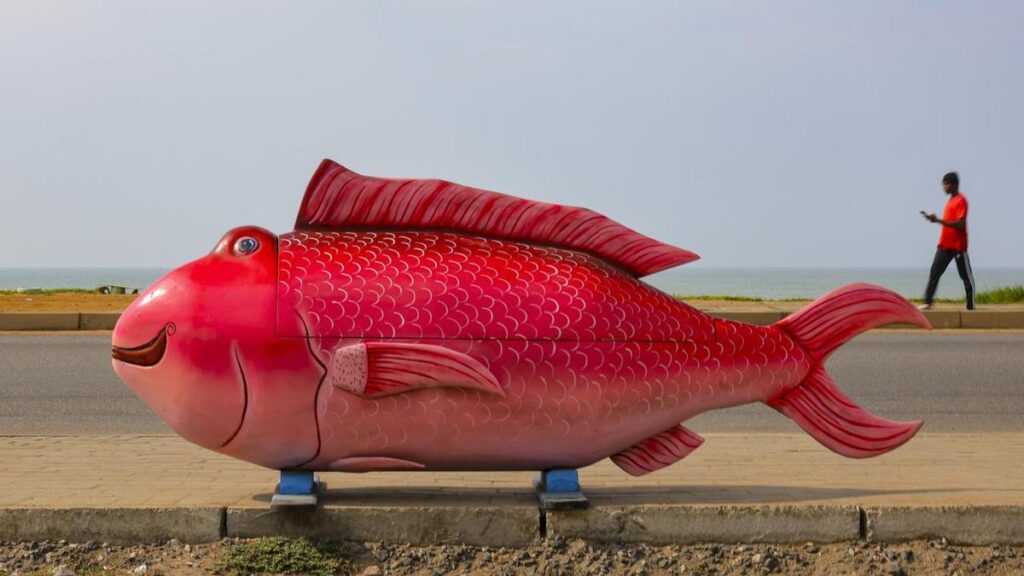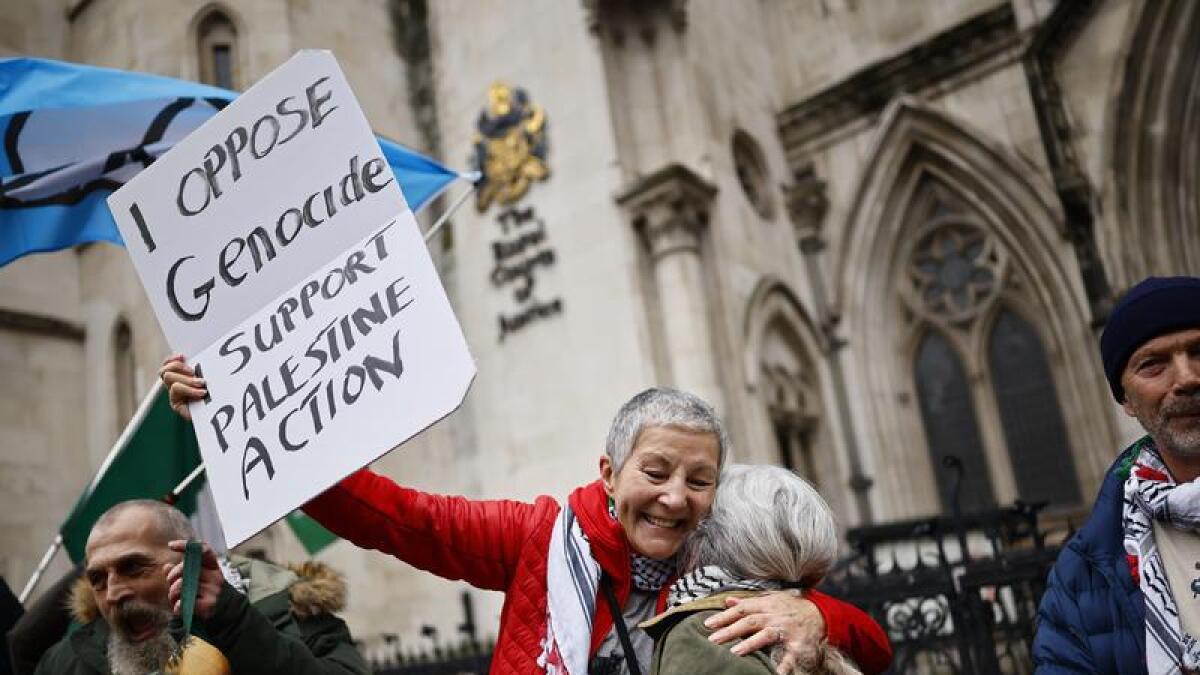
Ghana’s vibrant culture is showcased through its unique fantasy coffins, which serve as a creative expression of life and individuality. These elaborate coffins, often designed to reflect the deceased’s profession or passions, have gained international attention for their artistry and significance.
The tradition of crafting fantasy coffins began in the 1950s, pioneered by artisans such as Paa Joe, who has become one of the most recognized names in this field. His creations often depict everything from cars and airplanes to fruits and animals, allowing families to celebrate their loved ones’ lives in a personal and memorable way. This approach to funerary practices not only honors the deceased but also transforms mourning into a celebration of life.
Artistry Meets Cultural Significance
Ghanaian fantasy coffins are not merely burial vessels; they are works of art embedded with cultural meaning. Each design incorporates elements of Adinkra symbols, which convey specific messages or values, further enriching the narrative surrounding the deceased. For example, a coffin shaped like a fish may symbolize the person’s love for the sea, while a cocoa pod could represent a farmer’s dedication to their craft.
The process of creating these coffins requires skilled craftsmanship, often taking weeks to complete. Artisans work closely with families to ensure that the design reflects the individual’s life story. This collaboration highlights the community’s role in the grieving process, fostering a sense of unity and support among loved ones.
In recent years, fantasy coffins have attracted global attention, with exhibitions showcasing these remarkable pieces in cities around the world. This exposure has not only elevated the status of Ghanaian artisans but also sparked conversations about the cultural significance of death and how it is celebrated in different societies.
Economic Impact and Global Recognition
The rise in popularity of fantasy coffins has also contributed to Ghana’s economy. As tourism increases, more visitors are drawn to the country to experience this unique aspect of its culture. According to the Ghana Tourism Authority, the influx of tourists interested in fantasy coffins has led to a boost in local businesses, including hotels, restaurants, and craft shops.
Prominent figures, including the late Kofi Annan, have highlighted the importance of Ghana’s cultural heritage on the world stage. Annan’s passing in 2018 brought renewed attention to the artistry of fantasy coffins, with many recognizing them as a poignant way to honor his legacy.
As these colorful creations continue to make waves internationally, they challenge conventional perceptions of funerary practices. Ghana’s fantasy coffins stand as a testament to the belief that death is not an end but a continuation of life’s journey, celebrated through artistry and creativity.
In summary, Ghana’s fantasy coffins are much more than mere burial vessels; they are a vibrant tribute to life, culture, and community. With skilled artisans like Paa Joe at the helm, this unique tradition is poised to flourish, bringing joy and meaning to families while inspiring awe among global audiences.






